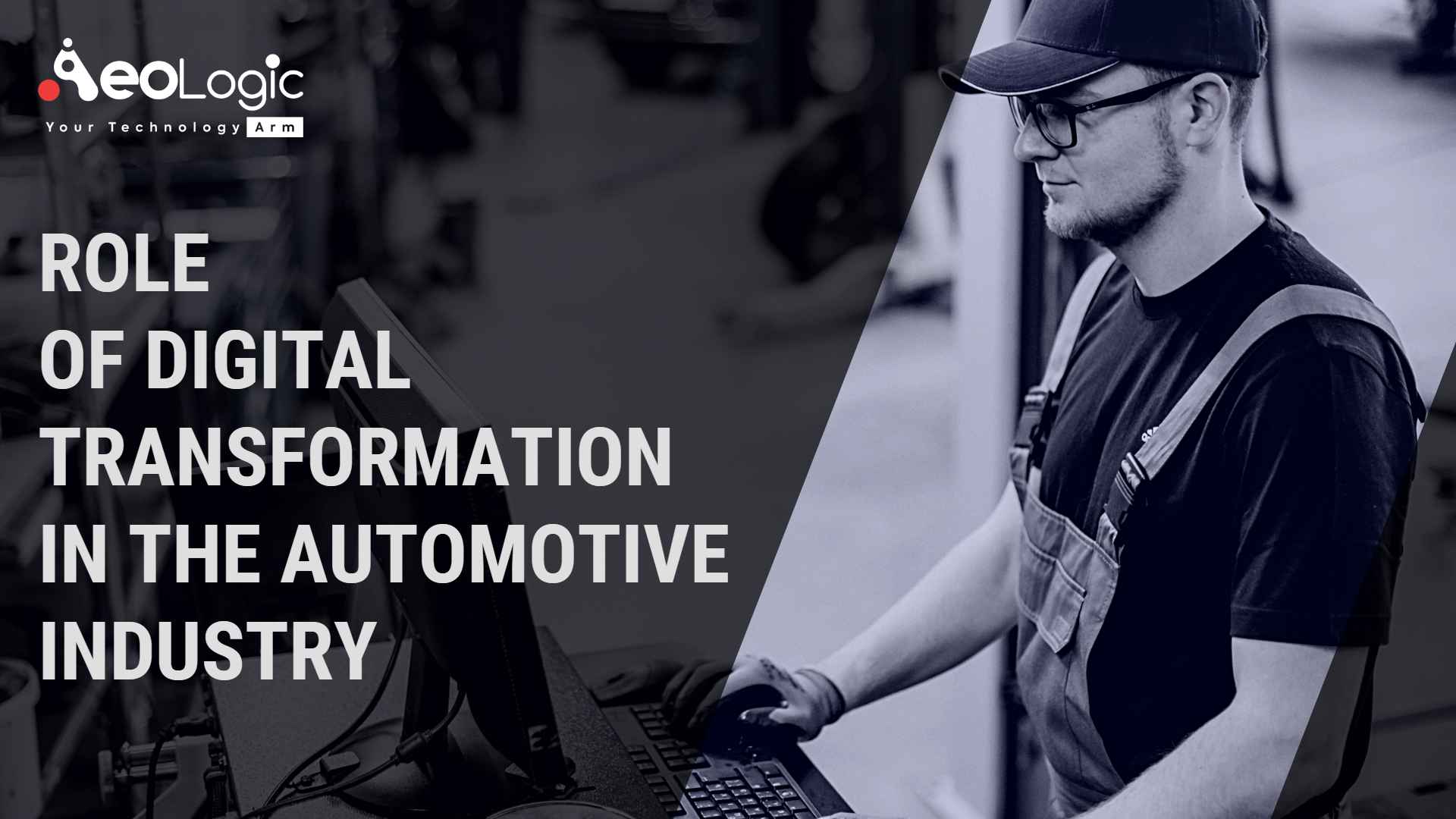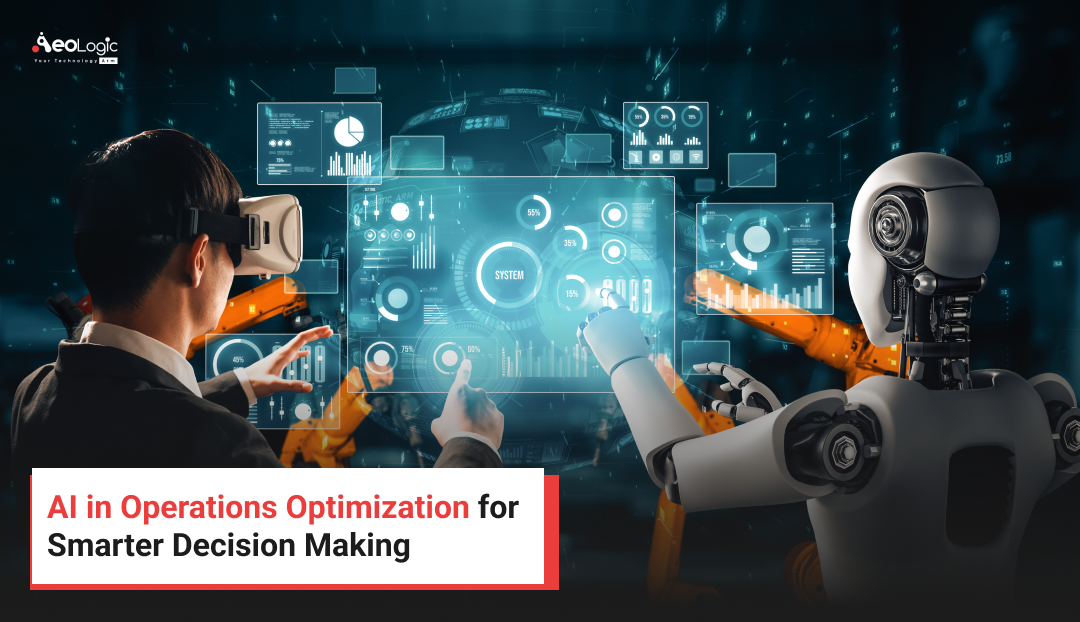Digital transformation has become a buzzword in the automotive industry, as it refers to the integration of advanced digital technologies into the manufacturing and operations of vehicles. This transformation is rapidly reshaping the automotive industry, leading to increased efficiency, productivity, and profitability. In this article, we will explore the role of digital transformation in the automotive industry and how it is driving innovation and growth.
Digital Transformation in Automotive Industry
The automotive industry is no stranger to innovation, as it has constantly evolved to meet the changing needs of consumers. However, with the advent of digital technologies, the industry is undergoing a transformation that is more significant than any previous change. Digital transformation refers to the use of advanced technologies such as artificial intelligence, machine learning, and the internet of things to streamline operations, improve customer experience, and create new revenue streams.
Benefits of Digital Transformation in Automotive Industry
Digital transformation in the automotive industry has many benefits, including increased efficiency, cost savings, and improved customer experience. By integrating digital technologies into their operations, automotive companies can reduce their production time and costs, improve the quality of their products, and streamline their supply chain.
Additionally, digital technologies such as predictive maintenance can help automotive companies identify potential problems before they occur, saving time and money.
Also Read: Digital Transformation Examples in Healthcare
Digital Transformation in Vehicle Design
Digital transformation has also had a significant impact on the design of vehicles. Computer-aided design (CAD) and computer-aided engineering (CAE) software have revolutionized the way automotive companies design and test their vehicles. These technologies allow designers to create 3D models of vehicles, test their performance in virtual environments, and identify potential problems before they occur. This not only reduces the cost of design and testing but also results in safer, more efficient vehicles.
Digital Transformation in Manufacturing
Digital transformation has also had a significant impact on the manufacturing of vehicles. By integrating technologies such as robotics and automation, automotive companies can streamline their production processes, reduce their labor costs, and improve the quality of their products. Digital technologies such as the internet of things (IoT) can be used to monitor equipment and identify potential problems before they occur, reducing downtime and maintenance costs.
Digital Transformation in Sales and Marketing
Digital transformation has also had a significant impact on the sales and marketing of vehicles. With the rise of digital channels, automotive companies can reach consumers more effectively than ever before. Social media, email marketing, and online advertising have all become essential tools for automotive companies looking to build brand awareness and drive sales.
Additionally, digital technologies such as virtual showrooms and augmented reality can be used to give consumers a more immersive and engaging experience when shopping for vehicles.
Also Read: Digital Transformation Examples in Marketing
Digital Transformation in After-Sales Services
Digital transformation has also had a significant impact on after-sales services in the automotive industry. With the rise of connected vehicles, automotive companies can now offer remote diagnostics, predictive maintenance, and real-time software updates. This not only improves the customer experience but also reduces the cost of after-sales services and increases customer loyalty.
Challenges of Digital Transformation in Automotive Industry
While digital transformation has many benefits, it also poses significant challenges for the automotive industry. One of the biggest challenges is the cost of implementing digital technologies. Automotive companies must invest in expensive hardware and software, as well as hire skilled personnel to manage and maintain these technologies. Additionally, the integration of digital technologies into existing operations can be complex and time-consuming, leading to disruptions and delays.
Future of Digital Transformation in Automotive Industry
The future of digital transformation in the automotive industry is bright, with many new and exciting technologies on the horizon. Artificial intelligence, blockchain, and quantum computing are just a few of the technologies that are expected to revolutionize the industry in the coming years. Additionally, the rise of autonomous vehicles and connected vehicles will further transform the automotive industry, creating new opportunities for innovation and growth.
Also Read: Top Digital Transformation Companies Leading the Way in 2023
Impact of Digital Transformation on the Automotive Workforce
Digital transformation in the automotive industry has also had an impact on the workforce. As companies adopt new technologies, they are also changing the skills and qualifications required for their employees. For example, automotive companies are now looking for employees with expertise in data analytics, artificial intelligence, and robotics. Additionally, the adoption of automation and robotics in manufacturing has led to concerns about job losses in the industry.
However, digital transformation also creates new job opportunities, particularly in the areas of software development, data analysis, and cybersecurity. As the industry continues to evolve, it is important for companies to invest in their workforce and provide the necessary training and resources to adapt to these changes.
Conclusion
Digital transformation is driving innovation and growth in the automotive industry, transforming the way vehicles are designed, manufactured, sold, and serviced. While there are challenges associated with implementing digital technologies, the benefits are significant, including increased efficiency, cost savings, and improved customer experience. As the industry continues to evolve, it is important for companies to embrace digital transformation and invest in the skills and resources necessary to succeed in the digital age.
If you are also interested in taking an initiative in the technology sector and looking for industry experts, then do not hesitate to contact us at Aeologic Technologies. we are the best digital marketing solutions provider company that helps you to transform your automotive industry digitally.
FAQs
What is digital transformation in the automotive industry?
Digital transformation in the automotive industry refers to the integration of advanced digital technologies such as artificial intelligence, machine learning, and the internet of things into the manufacturing and operations of vehicles.
What are the benefits of digital transformation in the automotive industry?
Digital transformation in the automotive industry has many benefits, including increased efficiency, cost savings, and improved customer experience.

I’m Deepika Pandey, an SEO strategist and content writer with 6+ years of experience. I create SEO-friendly content that drives traffic and engages readers. I combine data insights with creativity to help businesses grow their online presence effectively.





